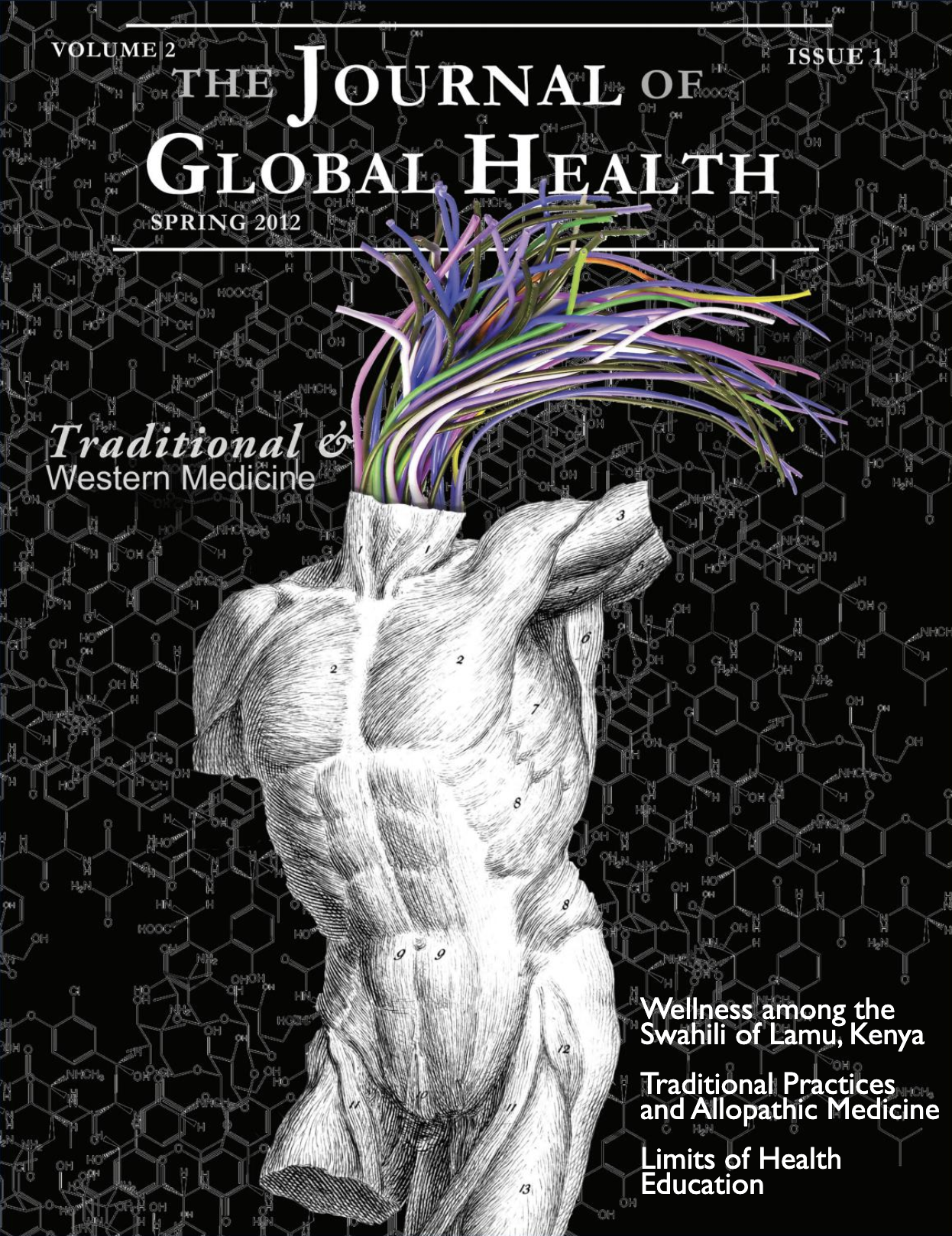National directives and community empowerment Public health in Sleman Regency, Indonesia
Main Article Content
Abstract
Although public health in Indonesia is regulated at the national level, district-level government health authorities are often responsible for shaping and executing specific public health programs. While cooperating with national efforts, Sleman Regency, Indonesia, has improved upon these recommendations to design innovative solutions to public health crises. Through community empowerment, Sleman has implemented voluntary AIDS commissions, women-led non-profit organizations and neighborhood health coalitions, volunteer-based home inspections and green initiatives. This paper draws on firsthand observations from my recent trip to Yogyakarta, Indonesia, including interviews with public health administrators, site visits and primary source material from education campaigns and local health clinics.
Part I of this paper provides a broad overview of the decentralized structure of the Indonesian public health system; it examines how Sleman operates under the federalized system and focuses on the district’s method of expanding upon national health directives to create novel local initiatives. Part II of this paper evaluates how instrumental community empowerment has been in reducing disease incidence and promoting healthy behaviors. Part III assesses whether this community engagement can be replicated on the national level.
Article Details

This work is licensed under a Creative Commons Attribution 4.0 International License.

